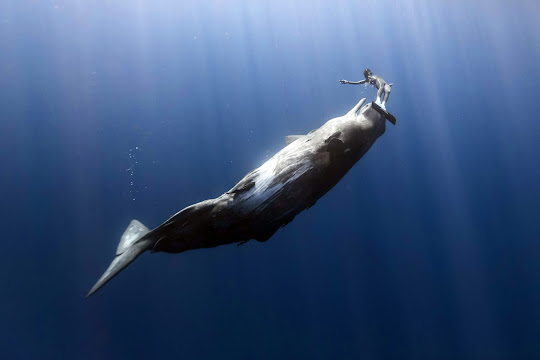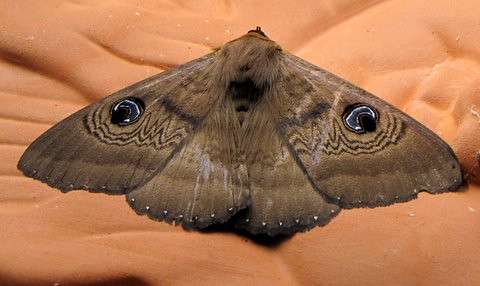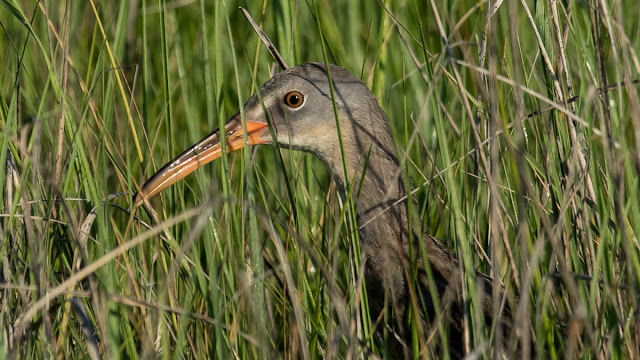Sperm Whale (Physeter macrocephalus) ~ Why Should I give Christianity another chance?

The loudest animal on our planet is also our largest toothed predator: Physeter macrocephalus, the sperm whale. People are surprised to hear that sperm whales make the loudest vocalizations, perhaps because we imagine them as serene and calm—the silent beasts of the deep. In his book Deep, explorer and author James Nestor describes an account when biologists were diving with these animals (diving with whales the best way to study their behavior). One whale swam directly at one of the researchers. Startled, the man held up his arm to try and stop the whale. In response, the whale let out a small grunt and swam past the man. This grunt was enough to freeze the man’s arm in place for three hours. The voice of a sperm whale can literally vibrate a human body to death. We now know that sperm whales disorient and may even stun their prey with loud sound bursts called ‘gunshots’. It’s the rarest of all sperm whale vocalizations. But the true reason these whales have such a pow





